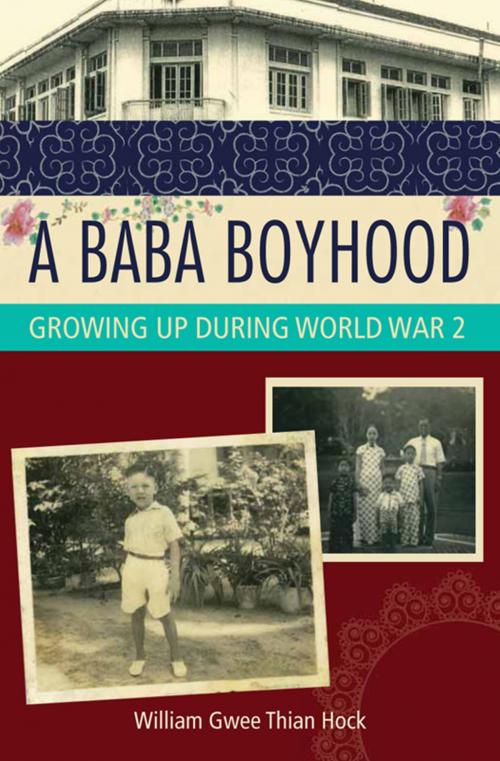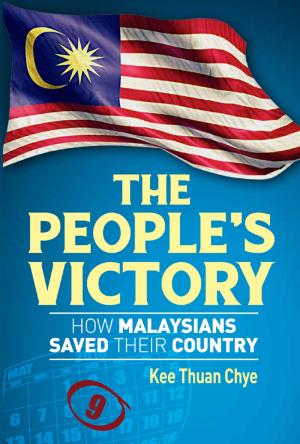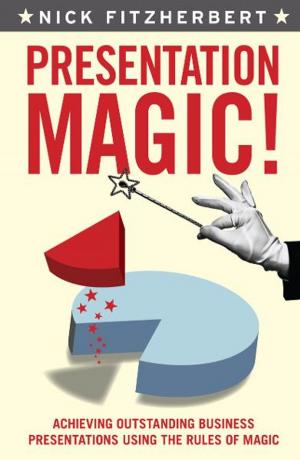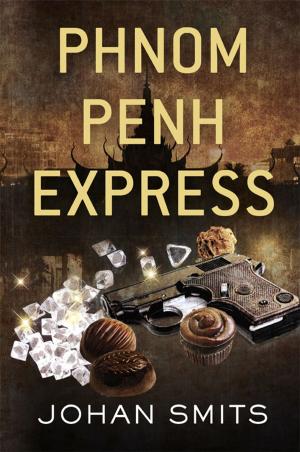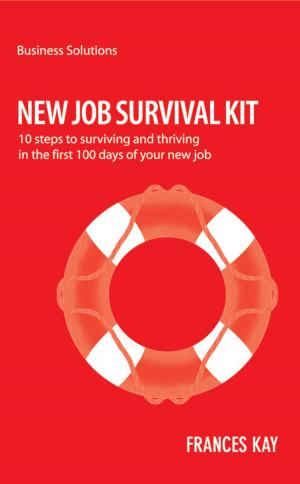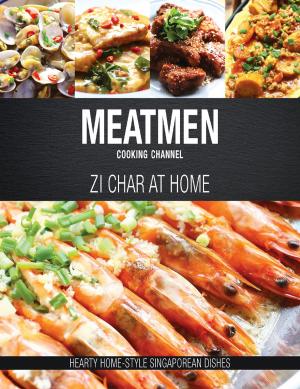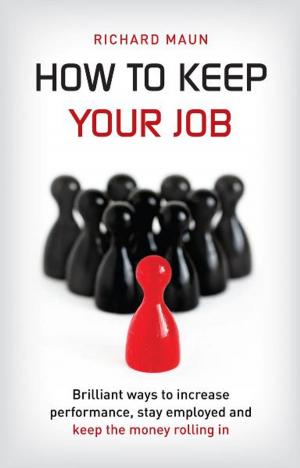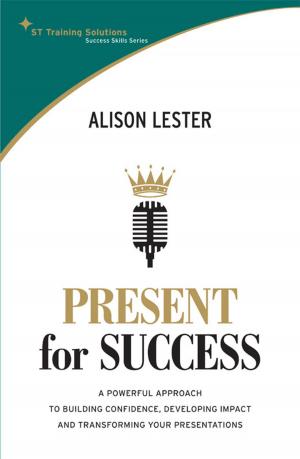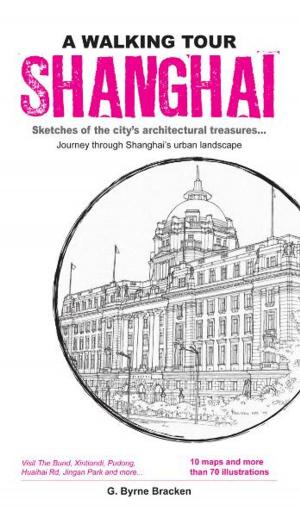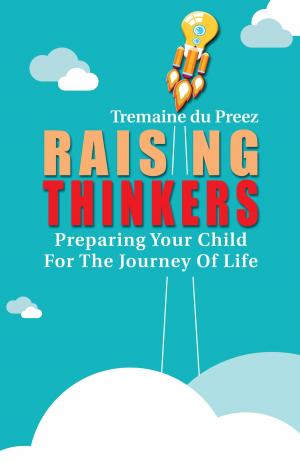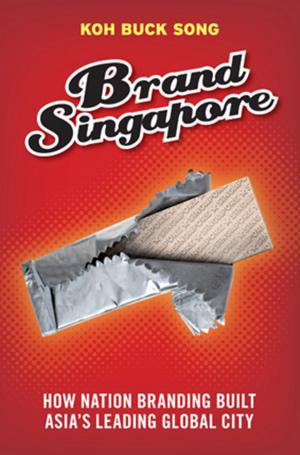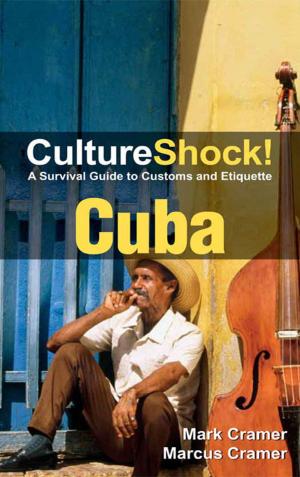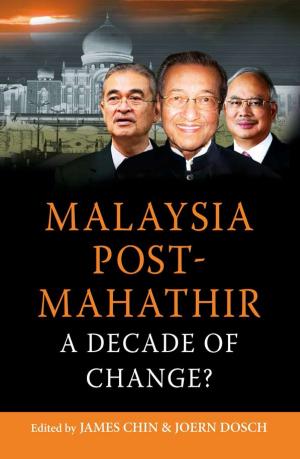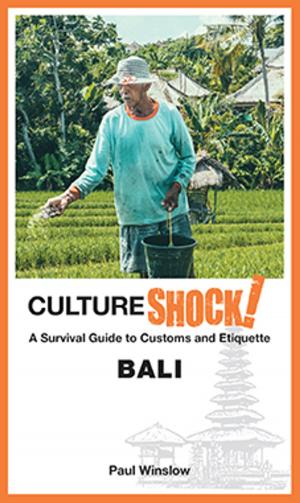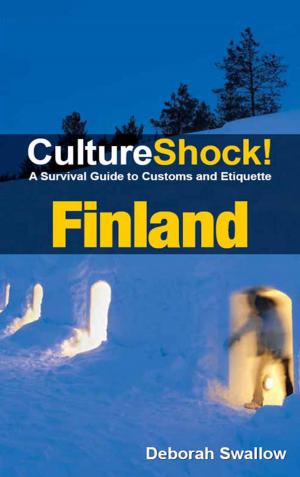| Author: | William Gwee | ISBN: | 9789814435512 |
| Publisher: | Marshall Cavendish International | Publication: | February 15, 2013 |
| Imprint: | Marshall Cavendish Edition | Language: | English |
| Author: | William Gwee |
| ISBN: | 9789814435512 |
| Publisher: | Marshall Cavendish International |
| Publication: | February 15, 2013 |
| Imprint: | Marshall Cavendish Edition |
| Language: | English |
Many of us have heard stories of how tough life was during the Japanese Occupation of Singapore from our parents and grandparents. Food was scarce and families had to grow their own vegetables and survive on a diet of tapioca.Now for the first time in print, writer William Gwee shares his experience on growing up during the Japanese Occupation. The engaging text goes beyond the food shortages and discusses the challenges faced in a very difficult time and how despite the hardship of war, traditional practices and taboos still continued to be enforced, albeit on a smaller scale. What sets this book apart from other materials on World War II are the strong Peranakan references as well as the focus on the Peranakan community.* The term ‘Baba’ is used to refer to the Straits-born Chinese or Peranakans. The Babas boast a unique culture and way of life that is an amalgamation of Chinese and Malay customs and etiquette.
Many of us have heard stories of how tough life was during the Japanese Occupation of Singapore from our parents and grandparents. Food was scarce and families had to grow their own vegetables and survive on a diet of tapioca.Now for the first time in print, writer William Gwee shares his experience on growing up during the Japanese Occupation. The engaging text goes beyond the food shortages and discusses the challenges faced in a very difficult time and how despite the hardship of war, traditional practices and taboos still continued to be enforced, albeit on a smaller scale. What sets this book apart from other materials on World War II are the strong Peranakan references as well as the focus on the Peranakan community.* The term ‘Baba’ is used to refer to the Straits-born Chinese or Peranakans. The Babas boast a unique culture and way of life that is an amalgamation of Chinese and Malay customs and etiquette.
